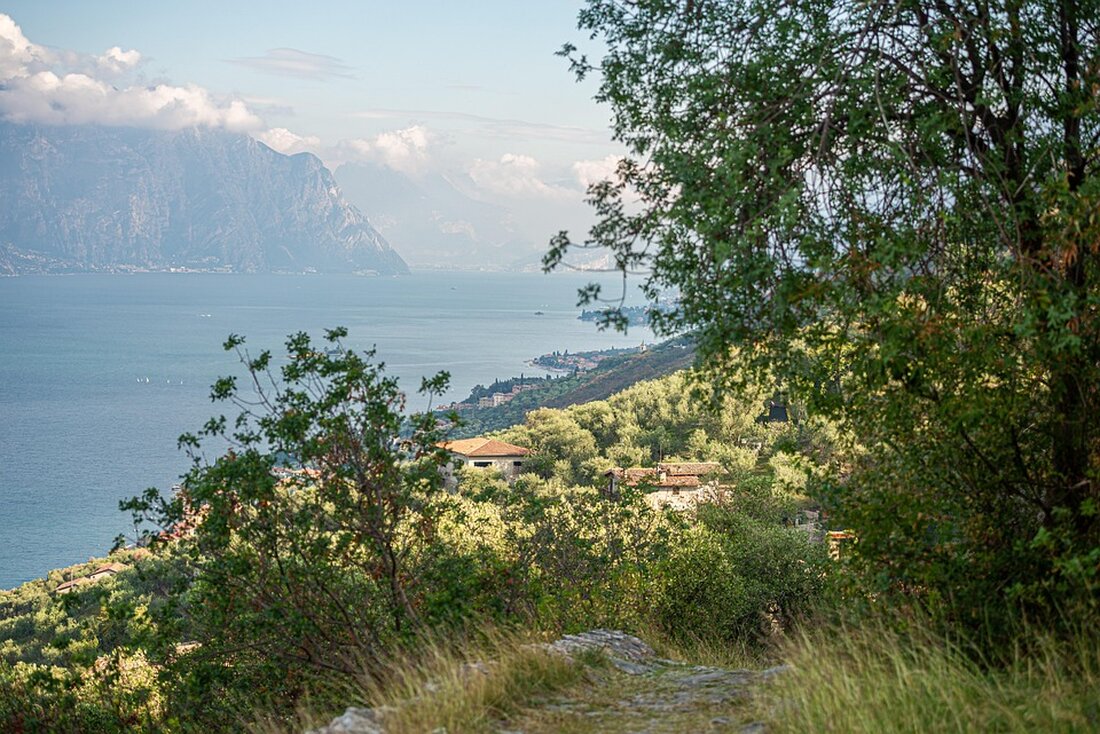Giant catfish in Lake Garda: Are they a threat to the ecosystem and tourists?
Huge catfish are spreading on Lake Garda, threatening the ecosystem. Fishermen are demanding solutions to this danger.

Giant catfish in Lake Garda: Are they a threat to the ecosystem and tourists?
On Lake Garda in Italy, the spread of large catfish is causing concern among fishermen and environmentalists. These voracious predators, nicknamed "torpedoes" because of their shape, pose a potential threat to the local ecosystem. Fishermen warn that the catfish, which can grow up to 3 meters long and weigh 200 kilograms, could pose a threat to ducks, cormorants and even smaller animals. However, complaints from vacationers about problems with the fish are not documented, and it has not been proven that catfish actively prey on dogs, the reports said. However, holidaymakers need not be afraid, as catfish are mainly active at night and do not hunt during the day.
The spread of catfish is favored by climate change. Lake Garda offers ideal conditions for fish: mild water temperatures and plenty of prey. These factors promote their growth and reproduction, which leads to the displacement of native species and could disrupt the ecological balance, reports Ruhr24.
Ecological threat and local impacts
The situation on Lake Garda is particularly critical in the area between Sirmione and Lazise on the southwestern shore, where the catfish are most often spotted. According to reports from diver Marco Brognoli, encounters with catfish over two meters long are not uncommon. On one dive, he and his friends caught 14 catfish within just 200 meters, illustrating the growing catfish population and its impact on the reproductive cycles of other species, particularly bass. These efficient feeders devour not only fish, but also waterfowl and small mammals, which is a serious problem. The spawning grounds of other species are particularly at risk because catfish eat the spawn of bass.
The situation has already led to near-empty lakes in other regions of Italy, such as Mantua, severely affecting both tourists and the economy. Tourism on Lake Garda could be significantly affected by similar ecological damage, warn tourism associations and environmentalists VOL reported. Experts are calling for a structured containment strategy from regional politicians.
Fishermen demand action
Fishermen are appealing to the authorities to spare Lake Garda a similar fate to other affected waters. One suggestion to combat the problem is to establish collection and disposal sites for catfish. Similar to wild boar regulation, fishermen could be paid for catching the catfish to create incentives to combat their spread. A similar picture emerges in Germany; Due to the increase in temperature, experts expect catfish to grow to at least 1.50 meters in size.

 Suche
Suche
 Mein Konto
Mein Konto